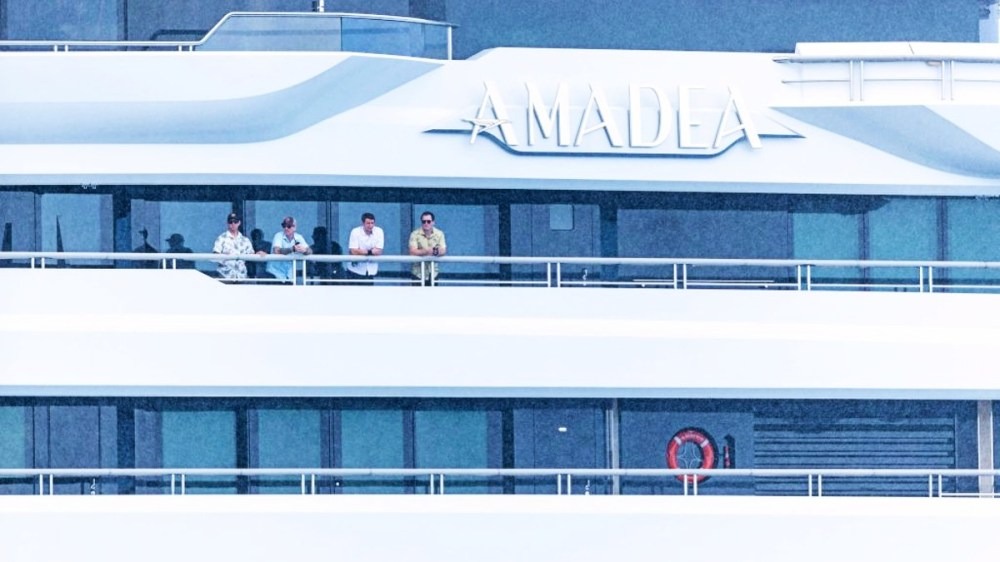The world’s largest charter yacht, Flying Fox, has made a return to the global charter market after overcoming a series of sanctions imposed by the U.S. in 2022. The 446-foot Lürssen yacht, which hosted Jay-Z and Beyoncé in 2021, was hit with U.S. sanctions following Russia’s invasion of Ukraine. While the war continues, the U.S. lifted the sanctions on Flying Fox in October 2024, allowing it to re-enter the charter market.
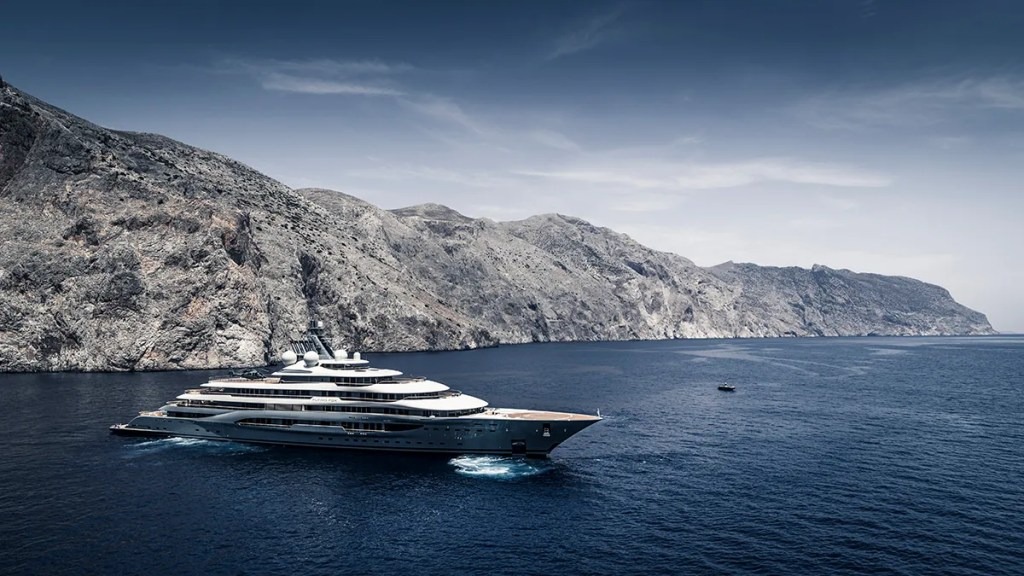
Despite its Russian billionaire owner Dmitry Kamenshchik not being on any sanctions list, the yacht had previously been linked to the Russian-based management company, Imperial Yachts, which faced U.S. sanctions. In 2022, the U.S. Department of Treasury declared Flying Fox as “blocked property” due to Imperial Yachts’ involvement. Under its new management by Bluewater Yachting Dubai, the yacht is now insured, back in class, and flagged in Malaysia.
Peter Bennett, founder of Bluewater Yachting Dubai, commented on the Malaysian flag’s openness to servicing yachts previously dropped from flags such as the Cayman Islands. He explained that as long as yachts comply with international maritime laws like IMO and SOLAS, the flag state poses no issues. This shift is part of a larger trend where the ownership and operation of yachts have become more complex due to sanctions imposed on Russian billionaires and companies following the invasion of Ukraine.
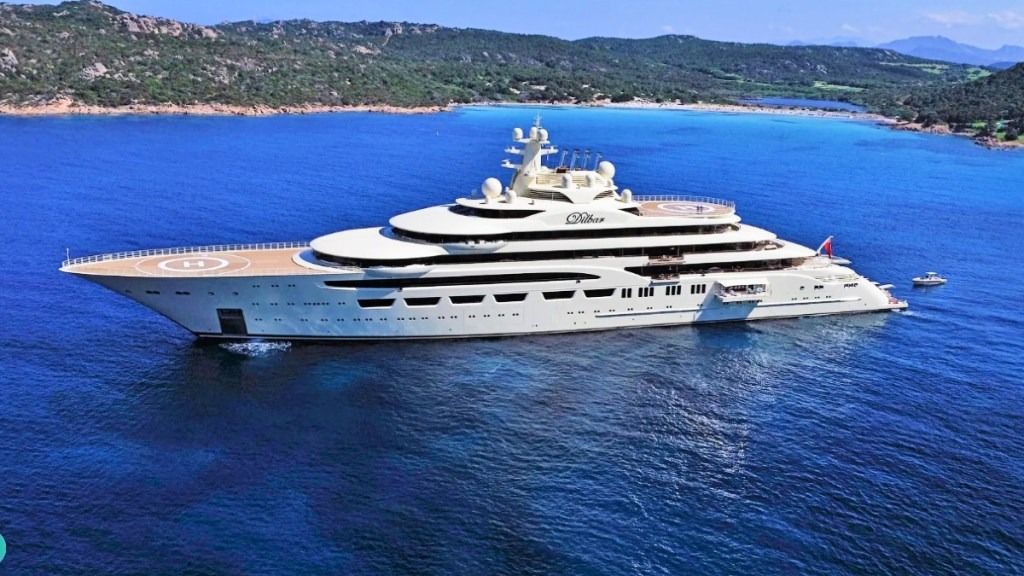
Since the war began, at least 20 vessels have been seized or detained, with nine superyachts sanctioned by the U.S. Office of Foreign Asset Control (OFAC). Notable yachts affected include Sailing Yacht A, owned by Russian businessman Andrey Melnichenko, and Dilbar, which at 600 feet is the world’s largest yacht by gross tonnage. Sailing Yacht A remains detained in Trieste, while Dilbar, valued at $600 million, is currently held in a floating dock at Lürssen’s Hamburg facilities.
Some yachts, like Phi, which has been detained in London’s River Thames for more than two years, are blocked from leaving their place of arrest. However, other vessels such as Roman Abramovich’s Halo and Garcon managed to escape and find refuge in countries like Turkey and the UAE, where they receive new build and refit services. The Maldives and Seychelles have become preferred cruising locations for yachts like Madame Gu, Nord, and Ocean Victory.
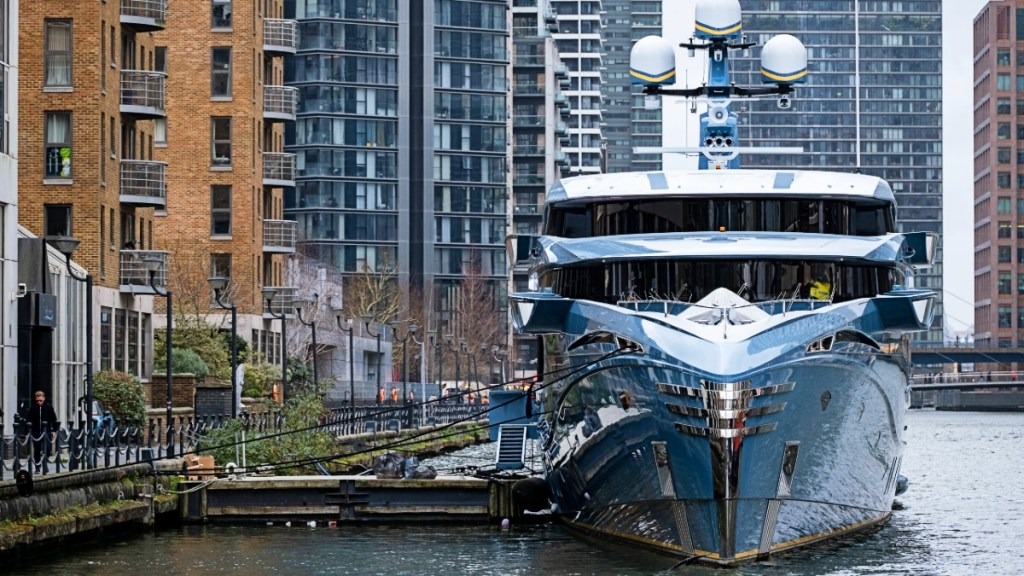
The concentration of Russian-owned yachts in Turkey and the UAE has led to increased activity in these regions, with reports of Russians buying used yachts and even commissioning new builds, including in China, as a result of strengthened relations between Russia and China.
The current situation has led brokers in the U.S., U.K., and EU to be cautious about working with Russian-owned yachts due to sanctions. Some brokers have even relocated to Dubai to continue their business with non-sanctioned Russian clients. According to one British sales broker, the approach is purely business-driven, with the focus on ensuring that yachts comply with the necessary legal and regulatory requirements.
As a result, North American charter clients are requesting statements confirming that no Russian entities are involved in the yachts they wish to charter or purchase. Brokers have begun thoroughly vetting potential sales to avoid any complications or legal issues that might arise from sanctions.
The situation with sanctioned yachts also raises the possibility of asset seizure and liquidation. In 2023, former Google CEO Eric Schmidt attempted to acquire Alfa Nero, a 266-foot Oceanco yacht, but the purchase fell through. The yacht was ultimately sold privately in July 2024 by the Antigua & Barbuda Port Authority for $40 million, significantly less than the presumed $80 million that its Russian owner, Andrey Guryev, had paid in 2014. This sale followed a lengthy period of financial challenges for the island nation, which had incurred significant debts related to the yacht’s detainment.
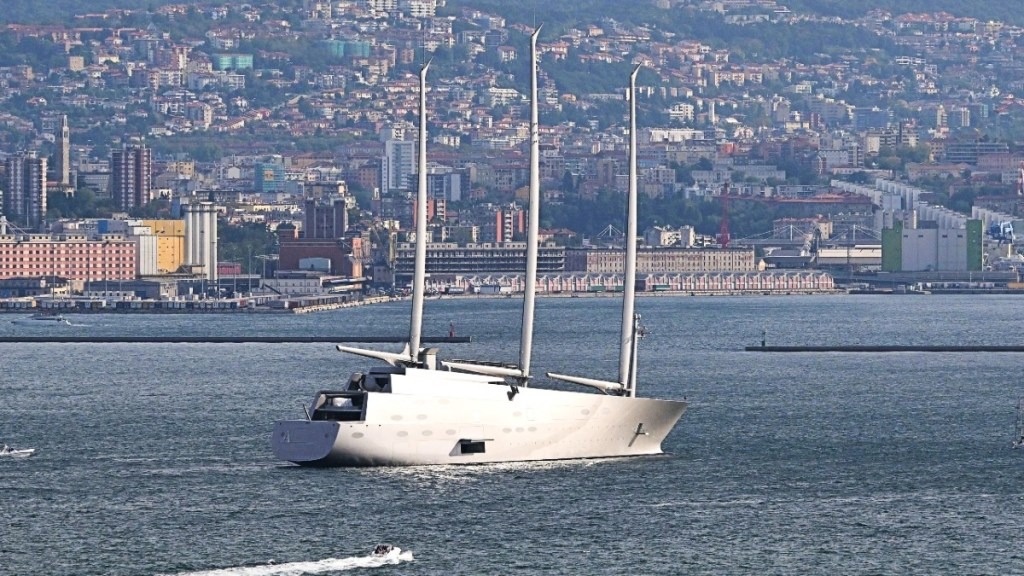
However, legal challenges persist. Superyacht attorney John Leonida points out that the legality of the sale of Alfa Nero remains uncertain, as the government of Antigua & Barbuda indemnified the buyer against any future losses or third-party claims, which complicates the matter legally.
Another high-profile case involves Amadea, which was detained by U.S. authorities in Fiji. The Fijian Supreme Court ruled that the yacht was too costly for the government to maintain, and it is now docked in San Diego, with the U.S. government spending over $10 million annually on its upkeep. While there is interest in purchasing sanctioned yachts at reduced prices, potential buyers are wary of the legal and media scrutiny that accompanies such acquisitions.
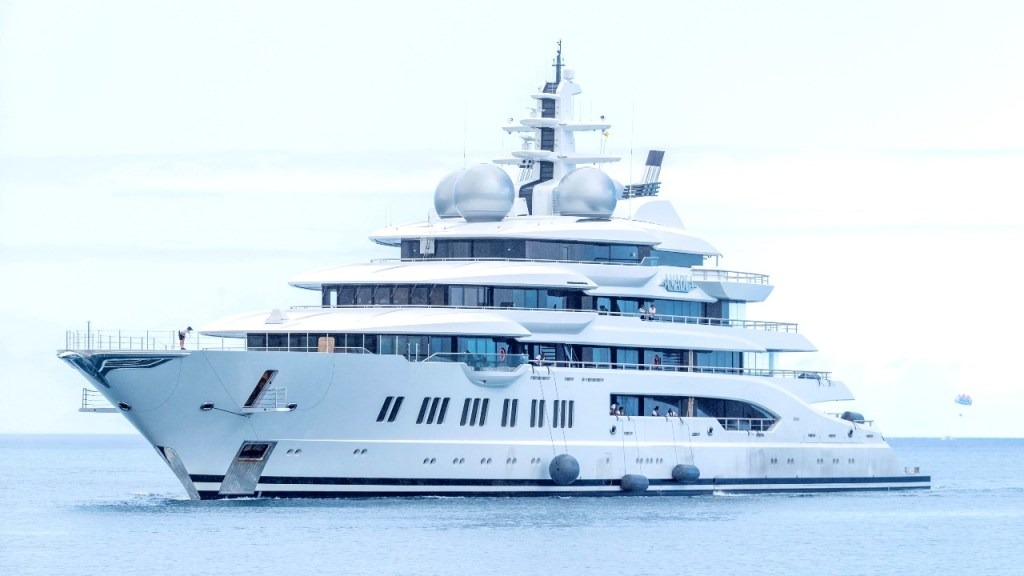
The complexities of sanctioned yachts also affect shipyards that were in the midst of building Russian-owned yachts when sanctions were imposed. Damen Shipyards, for example, filed a lawsuit against the Dutch government in 2023 to recover costs from canceled superyacht delivery contracts. Some shipyards have put systems in place that allow Russian payments to be held in escrow, enabling the yachts to be sold to new buyers once the build is complete. Mark Zuckerberg’s acquisition of the 387-foot Feadship Launchpad, originally commissioned by Russian billionaire Vladimir Potanin, is one such example.
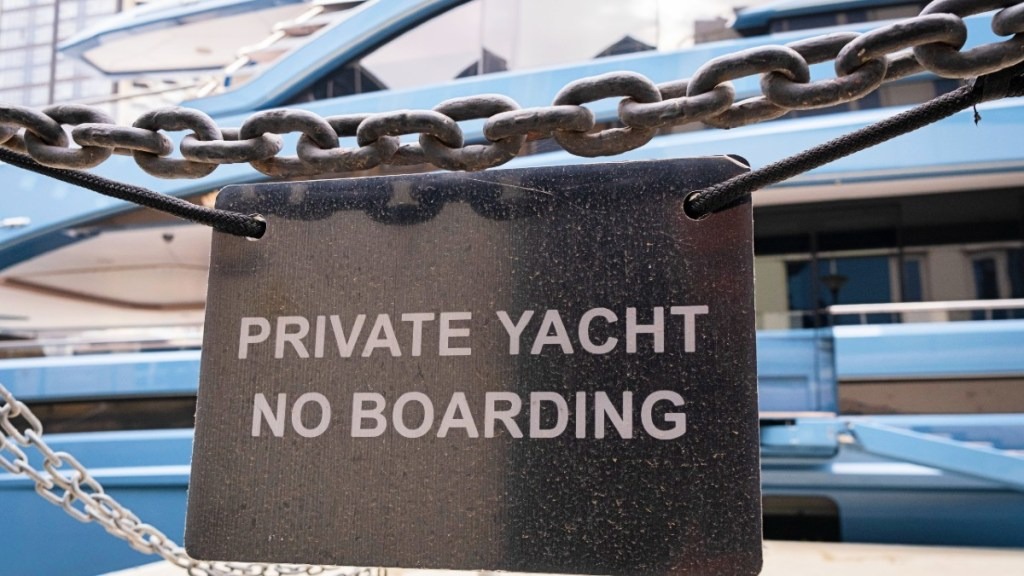
For many sanctioned yachts, the future remains uncertain. Brokers note that issues with classification societies, insurance, and flag registration further complicate the process of buying, selling, and chartering these vessels. According to Leonida, policymakers have left superyachts in a legal limbo, setting a dangerous corporate law precedent that courts will likely be asked to address in the future, though the timeline for resolution remains unclear.


